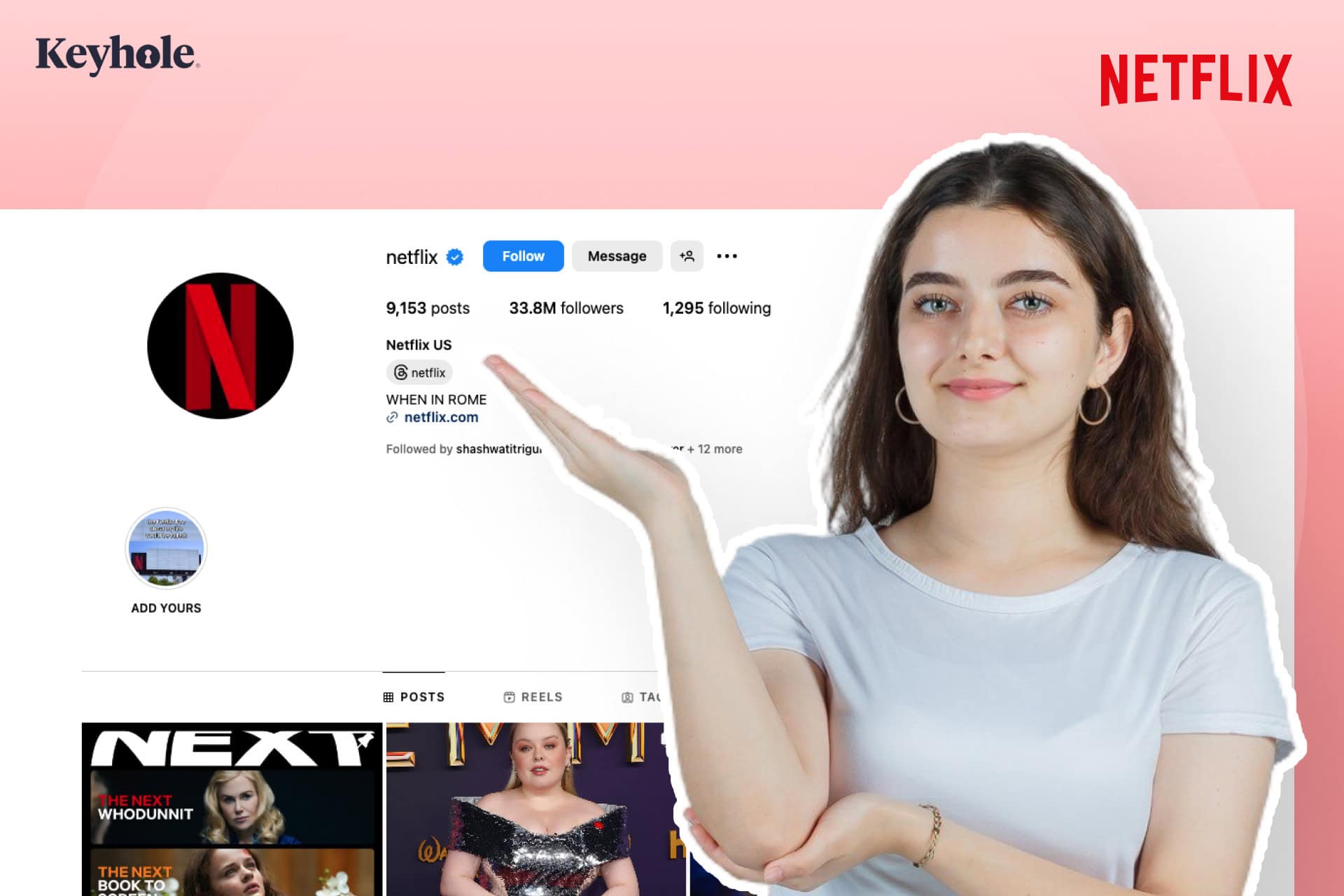In 2025, the line between social media and email marketing is blurrier than ever, as brands increasingly combine these two powerful tools to maximize their marketing potential. Integrating social media with email marketing isn’t just a trend; it’s a necessity to stay competitive in a fast-evolving digital landscape. With the right strategies, businesses can amplify their reach, strengthen engagement, and drive conversions effectively.
Let’s explore actionable ways to integrate social media with email marketing in 2025, ensuring your campaigns resonate with modern audiences.
The Importance of Integration in 2025
Social media and email marketing are often seen as separate entities. However, combining the real-time engagement of social media with the personalized, direct approach of email marketing creates a synergy that’s hard to beat.
As algorithms on social platforms evolve, organic reach is becoming increasingly difficult. This is where email marketing steps in as a reliable medium to directly connect with your audience. When used together, these tools help businesses:
- Boost brand visibility across platforms.
- Drive higher click-through rates.
- Deliver more personalized customer experiences.
Step 1: Encourage Social Sharing in Emails
The easiest way to start integrating social media with email marketing is by encouraging subscribers to share your content on their social channels. Add social sharing buttons for platforms like Instagram, LinkedIn, Facebook, or Twitter at the bottom of your emails.
In 2025, using compelling CTAs like “Share this with your network” or “Spread the word” can make all the difference. To make the sharing process easier:
- Include pre-written messages with hashtags and mentions.
- Offer incentives, such as discounts, for subscribers who share your content.
- Use eye-catching icons and placement that draw attention.
Step 2: Embed Social Content into Emails
People are more likely to engage with your emails if they feature familiar, dynamic content. Embedding social media posts directly into your email campaigns creates a seamless experience.
For instance, include your latest Instagram carousel, a tweet about your upcoming product launch, or even a TikTok that highlights your brand’s personality. In 2025, this approach feels natural and aligns with the way audiences consume content today.
Pro tip: Use email marketing tools like Mailchimp or Constant Contact that support embedding social media posts for a streamlined process.
Step 3: Run Cross-Platform Contests
Who doesn’t love a good contest? Hosting cross-platform contests is a fantastic way to bring together your social media and email audiences.
Here’s an example: Promote a giveaway on your social media channels that requires participants to subscribe to your email list. Simultaneously, send an email encouraging your existing subscribers to enter by sharing the contest on their social profiles.
By 2025, gamification and contests will remain powerful tools for generating buzz, building community, and increasing your subscriber base. To explore more about the benefits and strategies of these interactive approaches, check out this detailed guide on social media contests.
Step 4: Use Social Media to Grow Your Email List
Social media is an incredible tool for attracting potential subscribers. Utilize your platforms to promote lead magnets, like eBooks, webinars, or exclusive discounts, to encourage followers to sign up for your email list.
Strategies to try in 2025 include:
- Instagram Stories with CTAs: Use swipe-up links or link stickers to lead users to your email sign-up page.
- Twitter Threads: Share snippets of valuable information and invite readers to subscribe to your newsletter for more in-depth insights.
- LinkedIn Posts: Position your email list as a source of exclusive, professional content.
Step 5: Leverage User-Generated Content
User-generated content (UGC) bridges the gap between social media and email marketing. By sharing UGC in your emails, such as reviews, testimonials, or photos from customers, you’re fostering trust and authenticity.
Encourage your audience to post about your brand on social media using a specific hashtag, then feature that content in your next email campaign. This not only increases social engagement but also boosts your email’s open rates by making your messages feel more personal and community-driven.
Step 6: Synchronize Campaigns Across Platforms
In 2025, audiences expect a seamless experience across all touchpoints. To achieve this, ensure your campaigns are synchronized across both social media and email marketing.
For example, if you’re launching a new product, create teaser posts on social media, then follow up with an email detailing the product’s features and benefits. Consistent messaging builds anticipation and keeps your audience engaged.
Step 7: Use Analytics to Refine Your Strategy
Integration isn’t just about execution; it’s also about optimization. Use data from both social media and email campaigns to refine your approach.
Social media platforms provide insights into what content resonates with your audience, while email marketing tools offer metrics like open rates, click-through rates, and conversion rates. By combining these data sets, you can craft content that performs better across all channels.
Step 8: Include Social Media Retargeting in Your Email Strategy
Retargeting is a must-have strategy in 2025. Use your email list to create custom audiences on social media platforms.
Platforms like Facebook and Instagram allow you to upload your email list and target ads specifically to those users. This approach reinforces your message, ensuring it reaches your audience through multiple touchpoints.
For example, if someone opened your email but didn’t click the CTA, a retargeting ad can remind them to take action.
Step 9: Measure and Iterate
Finally, measuring the success of your integrated campaigns is essential to refine your strategy. Use tools like Zapier to connect your email marketing software with your social media platforms for streamlined data analysis.
Keep track of KPIs such as:
- Engagement rates on embedded social content.
- Growth in email subscribers from social media.
- ROI from cross-platform campaigns.
By consistently iterating and adapting based on performance, you’ll ensure your integration strategy stays relevant in the fast-paced digital landscape of 2025.
Conclusion
In 2025, integrating social media with email marketing is more crucial than ever for brands looking to stand out. By encouraging social sharing, embedding dynamic content, running cross-platform contests, and leveraging data, you can create a cohesive strategy that amplifies your reach and impact.
The future is all about synergy. When social media and email marketing work hand-in-hand, the results are not just additive—they’re transformative. Start implementing these strategies today to build campaigns that are truly built for the modern age.
Author Bio
Syed Balkhi is the founder of WPBeginner, the largest free WordPress resource site. With over 10 years of experience, he’s the leading WordPress expert in the industry. You can learn more about Syed and his portfolio of companies by following him on his social media networks.
Frequently Asked Questions
1. Is adding music to an Instagram story a must?
No! You don’t need to add music to your Instagram story before publishing it. However, adding it may serve as the best course of action.
2. Can Instagram unpublish my stories with music?
Yes! Instagram can remove your stories with music if they don’t contain visual elements due to copyright issues. For example, you may encounter this problem when you add to a story with a blank screen.
3. Will adding music to the Instagram story affect the quality of content?
No! Adding music to your Instagram story will not affect the quality of your content, be it image, video, or any other type of visual content.









